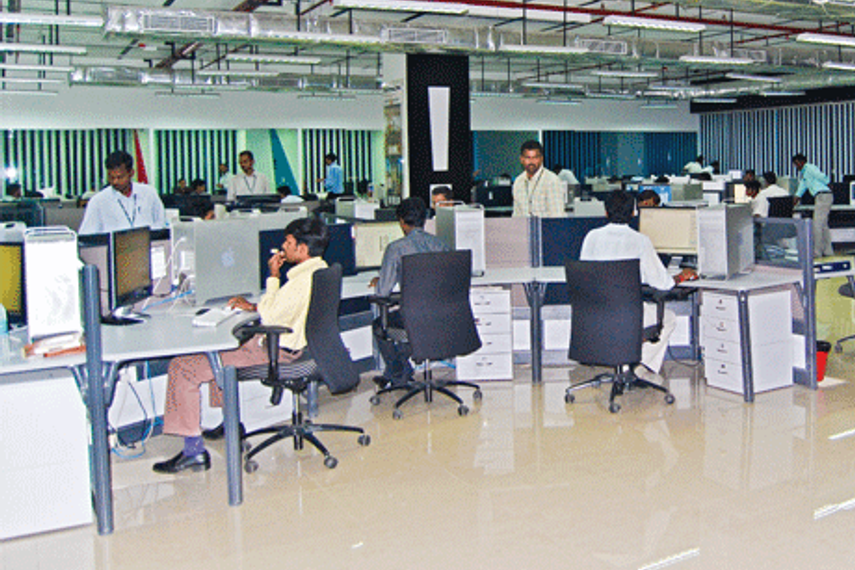
Please sign in or register
Existing users sign in here
Having trouble signing in?
Contact Customer Support at
[email protected]
or call+91 022 69047500
Is the gene-pool of talent growing? Shephali Bhatt finds out what it will take for Chennai to be an adland powerhouse

Contact Customer Support at
[email protected]
or call+91 022 69047500
Top news, insights and analysis every weekday
Sign up for Campaign Bulletins
India’s sports sponsorship industry crosses INR 16,633 crores in 2024, posting a growth even in non-cricket sponsorships, finds GroupM ESP report.
To target the high-growth markets of UAE, Saudi Arabia, and Kuwait for its AI-driven customised solutions for brand marketers and advertisers.
Schbang MMaximise to be merged into Schbang Fluence, Schbang's influencer management division.
EXCLUSIVE: Veteran creative and former W+K leader Colleen DeCourcy on Snapchat’s new brand positioning, why the company is ‘anti-social media’, the benefits of in-housing, and more.